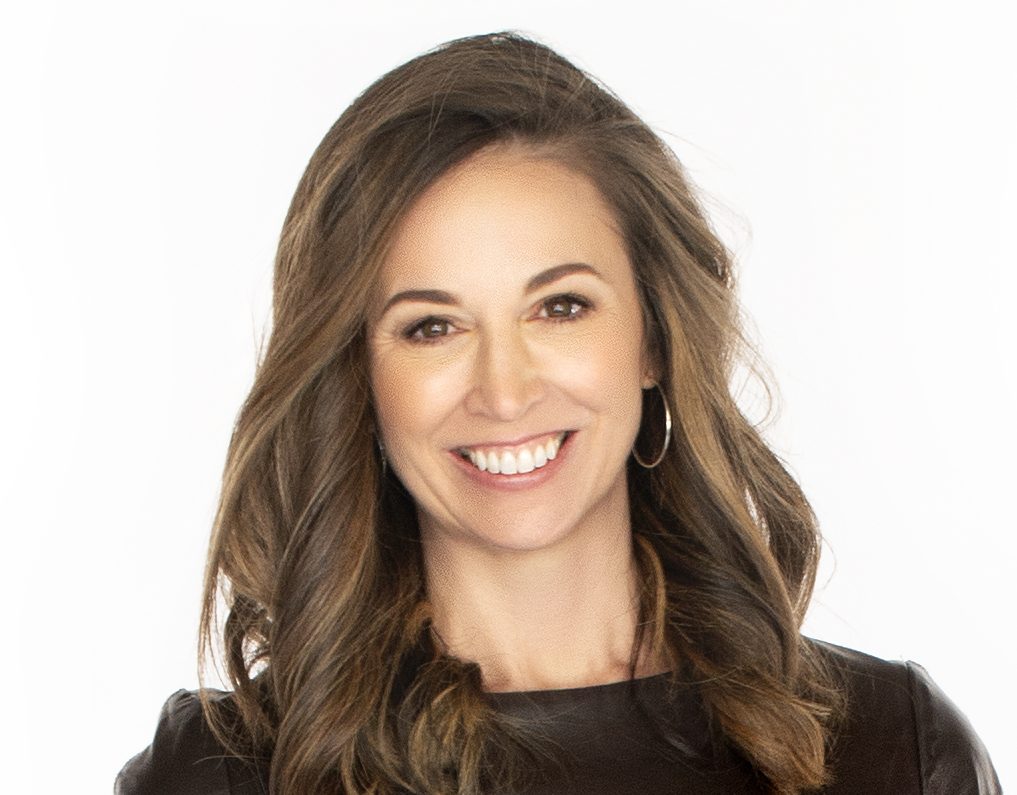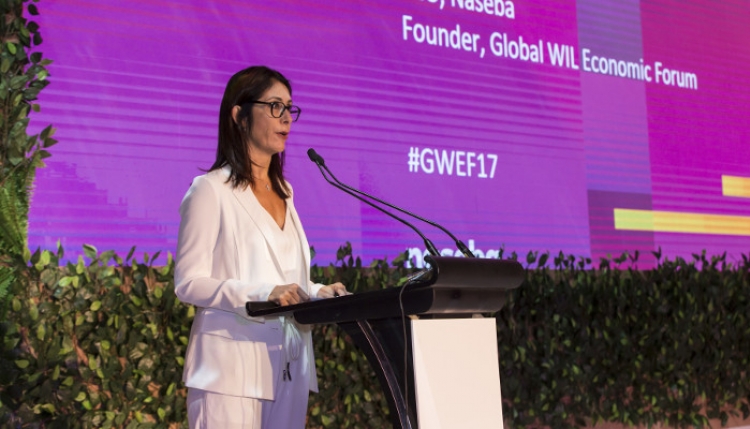This fall, my co-founder was invited to speak at the Global WIL Economic Forum in Dubai, a must-attend event for women leaders in business, media, finance, the arts, and philanthropy from around the globe. WIL Economic Forum is like no other conference in the region, or even in the world: since its founding, it has brought together tens of thousands of woman, making incredible progress to advance gender inclusion and diversity in business, while also serving as an ideas incubator for big thinking to solve some of the most pressing global issues of our time. I sat down with conference founder Sophie Le Ray, who also serves as CEO of the business facilitation firm Naseba, to ask about her personal story, her experience as a female entrepreneur and CEO, and her commitment to reshaping the face of the business world in the Middle East and beyond.
1. What was your vision in launching the Global WIL Economic Forum?
We launched WIL Economic Forum in 2009 following the financial crisis, with two main objectives: to offer a platform for senior business women to grow their network, do business and support and inspire the younger generation, and to at the same time break stereotypes about feminism, Arab women, and parity as being a CSR subject only. Since then, the forum has traveled across continents and evolved much. While staying committed to its initial objective to champion gender diversity, the forum now shines a light on other economic imperatives such as the inclusion of all and social impact.
2. This year’s theme is “Stretch: Striving for More.” What does that mean to you?
I believe in impact-driven initiatives. Since the inception of WIL Economic Forum, we have had always in mind the inclusion of men and large organization to the conversation so we don’t create an “echo” but an “action” chamber. The theme of the year is a call to get out of our comfort zone and take meaningful actions: investing in women-led businesses, building pipelines of female talent for succession planning, getting more female perspective on the arts and pop culture scene, rethinking education so it prepares a new generation of thinkers, exploring new business models and territories and making the most of our differences.
3. How can we bring more women into traditionally male-dominated industries, especially at higher levels?
Particularly in the Middle East, we have taken great strides to empower women in the workplace. We are seeing an increase in women taking leadership roles across both private and public sector. It’s good news – but there is certainly still have more ground to cover. We also need to look at the barriers preventing women from entering the workforce in the first place, so we can build pipelines for senior levels in the future. The GCC has some of the highest rates of women graduates in the world, particularly in STEM areas, yet many of these women do not go on to have a career in their field of study. We need to ensure that the structure is in place to support these women from entry-level through to leadership. More and more businesses are taking measures to address problems such as workplace bias and unequal pay, and I expect that to continue in 2018 and beyond, but others must follow. Female role models, sponsors, and mentors within organizations have also a very important role to play to lead the young generation and support their progress, just as men have been doing.
4. How has your personal journey led you to this point in your career? Do you think the teenage version of yourself would be surprised to see where you are today?
I am truly blessed since I am doing what I love, being in control of my own ship and can quench my curiosity on a daily basis since what we do is never the same. The teenager would be surprised of what I am doing since she was dead sure she’d be an archeologist, but would probably feel reassured that she’s not going to end up regretting not taking a leap towards an adventurous life. And the best is yet to come!
5. As an entrepreneur and business leader, what is the biggest risk you’ve ever taken?
Initially, our business, Naseba, was entirely focused on frontier markets; it certainly brought a lot of cool memories but was very risky due to their unpredictability and volatility. The risks did not always pay off, but nowadays, we have established a solid network in the entire Middle East, East, and West Africa as well as China, and our clients can benefit from this expertise and access. But the biggest risk we took (although I can see it now only) was to open our company to investors and going public when we were not yet ready for it. If I had to do it again, I would now assess much more thoroughly the motivations of my investors before letting them in. It can be deadly.
6. What advice do you have for women entrepreneurs?
Spend some time figuring out why you want to do what you want to do, and what you are good at. It’s often at that intersection where you’ll find your purpose, and this is what is going to fuel your energy level and encourage you, particularly when times are tough.
7. What special challenges does the next generation of women entrepreneurs face?
Funding remains the most sensitive point for women entrepreneurs, due to the lack of gender diversity at the partners level in the VC world, but even this is rapidly changing. The economic case speaks for itself and we will see very rapidly a greater number of women business angels networks, funds focusing on women founders and ideally more seasoned women investors in senior positions of VC and PE firms.
8. Do you have anything in the pipeline? What’s next for you?
We have a busy year ahead of us which is laying the groundwork for our future expansion! We are growing our private placement division, Naseba Capital, focusing on supporting the funding of early-stage tech enterprises and VC funds in growth markets, while Naseba Commercial Services offers growth facilitation to enterprises looking for new strategic partners, business development and market intelligence in MEA. We also successfully launched our Citizenship by Investment programme last year, which enables citizens of any nationality to gain visa-free travel to over 160 countries through a profitable real-estate investment in St. Kitts and Nevis.
Of course, WIL Economic Forum will keep expanding its community and partnership with like-minded organizations around the world, to keep making change happen!


